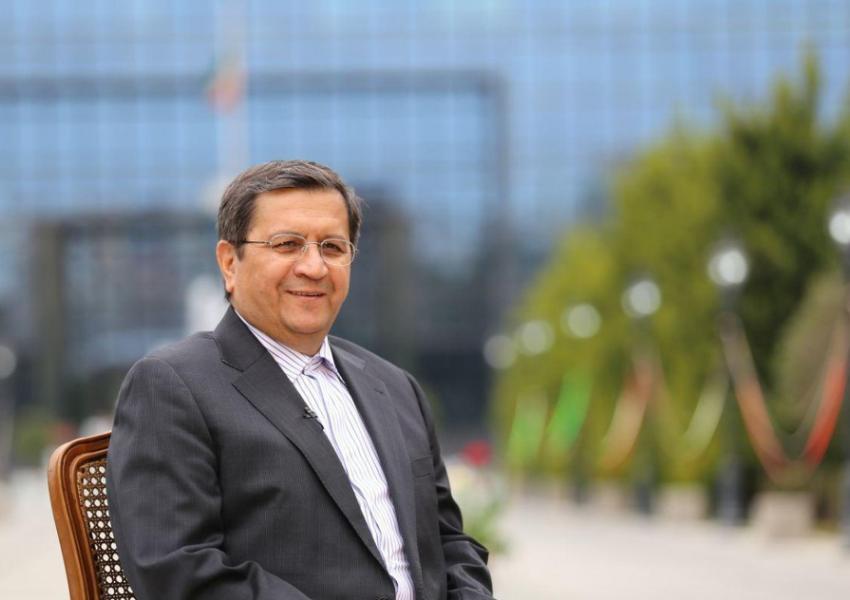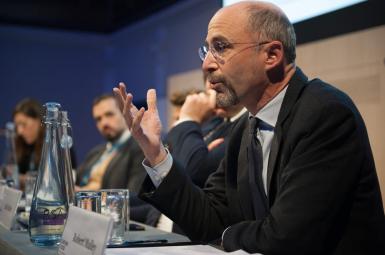
Iran Presidential Candidate Says He Would Be Willing To Meet Biden If Elected
In the first notable comment on a major foreign policy issue by a candidate in Iran’s presidential race, former central bank governor Abdolansser Hemmati told the Associated Press Wednesday that he would be willing to meet President Joe Biden if he is elected in the June 18 vote.
Iran’s Supreme Leader Ali Khamenei told candidates not to get involved with foreign policy issues and focus on improving the livelihood of the people. In two presidential debates candidates stayed away from the critical issue of US sanctions and Iran’s nuclear program that has deeply impacted its relations with the world and its difficult economic situation.
Hemmati stressed that an American return to Iran's tattered nuclear deal was key to any possible relationship amid the wider tensions in the Middle East.
"I think we haven't seen anything serious from Mr. Biden's side yet," Hemmati said. "They first need to go back to the (nuclear deal) that they withdrew from. If we see the process and more confidence is built, then we can talk about that."
The Biden Administration that has changed course from former president Donald Trumps ‘maximum pressure’ on Iran has entered into indirect talks with Tehran but demands that Tehran first return to its commitments under the 2015 nuclear deal or JCPOA. After Trump withdrew from the agreement in 2018 Iran began violating limits on uranium enrichment.
Hemmati, 64, is one of the seven candidates approved by Iran’s Guardian Council controlled by Khamenei to run for the presidency in the Islamic Republic's June 18 election. The vetting eliminated key candidates such as former president Mahmoud Ahmadinejad and former parliament speaker Ali Larijani, leading to controversy and an expected low turnout.
Polling and analysts suggest Hemmati lags in the race behind hardline judiciary chief and front-runner Ebrahim Raeesi (Raisi), believed to be a favorite of Khamenei who has final say on all matters of state, especially on the nuclear issue and relations with the United States. Hemmati's comment might be aimed at garnering votes, as many Iranian want to see US sanctions lifted.
Talking to AP journalists at his Tehran office, Hemmati repeatedly said that the signal Iranians hoped to see from the US was Washington's return to the nuclear deal.
"The Americans have sent positive signals but those signals haven't been strong enough," he said. "If there are stronger signals, it will affect how optimistic or pessimistic we are."
Asked about whether Iran would be willing to accept further restrictions, such as on its ballistic missile program to get sanctions relief, Hemmati said Tehran would refuse such an offer.
"Iran's nuclear commitments must be inside the framework of the (deal)," he said. "If they are not, neither the (supreme) leader nor the president will accept that."








